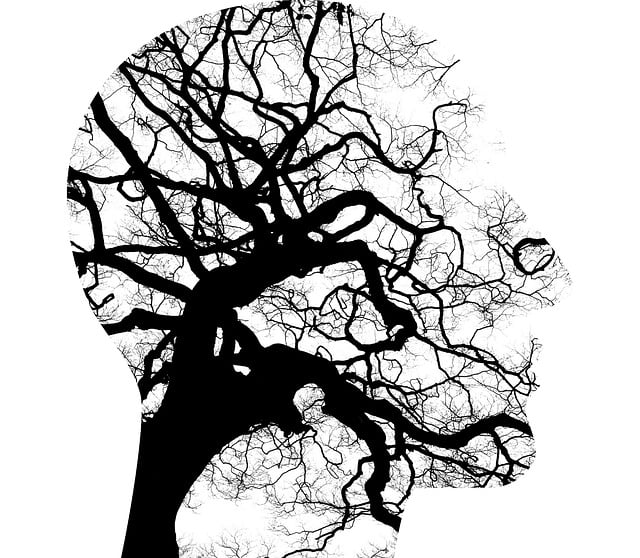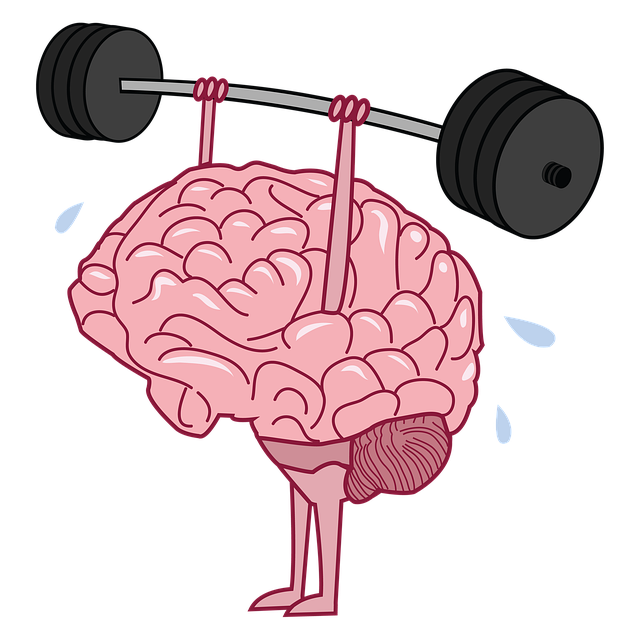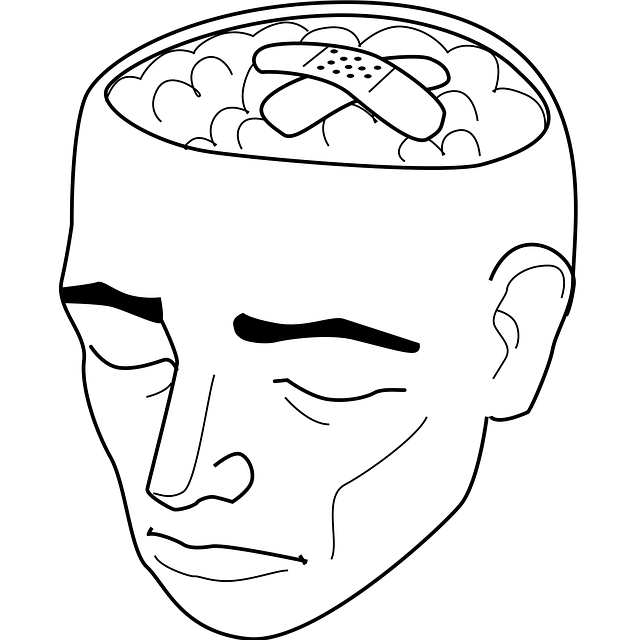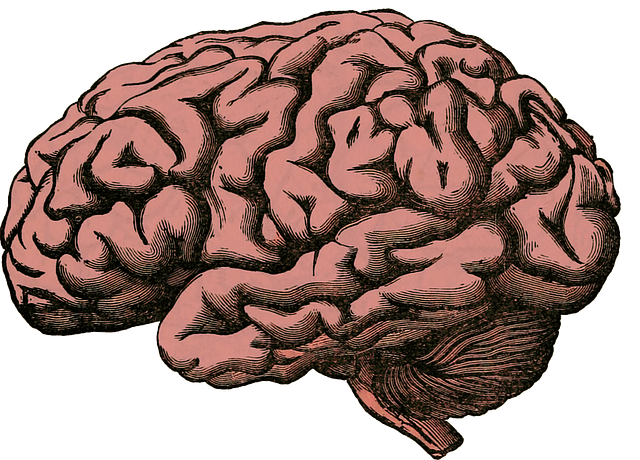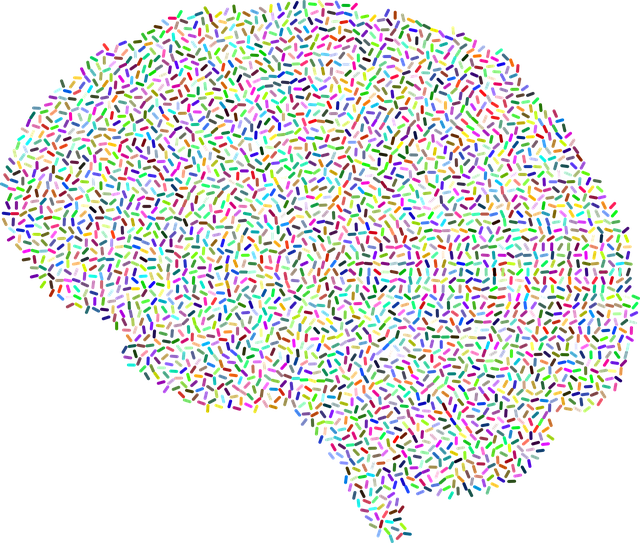Community outreach programs for Golden Conduct Disorder (GCD) therapy are vital tools for early intervention and long-term well-being, offering tailored workshops on stress management, conflict resolution, and depression prevention. Success hinges on strategic design, cultural competency training, and building partnerships with local communities to reduce stigma and empower individuals through evidence-based practices like Mindfulness Meditation. Robust evaluation methods track KPIs, participant engagement, and behavioral changes, informing program optimization and risk management for mental health professionals. This data-driven approach enhances access to care, fosters resilience, and improves the overall mental wellness of GCD sufferers within their communities.
Community outreach programs play a pivotal role in addressing mental health issues, especially among underserved populations. This article explores the multifaceted approach of community engagement, focusing on Golden Conduct Disorder (GCD) therapy as a case study. We delve into strategies for designing effective programs, fostering partnerships with local communities and stakeholders, and measuring their impact. By understanding the power of outreach, we can optimize support systems, enhancing overall well-being and accessibility to care.
- Understanding Community Outreach: Its Role in Mental Health Support
- Designing Effective Programs: Strategies for Success with Golden Conduct Disorder Therapy
- Building Partnerships: Collaborating with Local Communities and Stakeholders
- Measuring Impact: Evaluating and Optimizing Outreach Program Outcomes
Understanding Community Outreach: Its Role in Mental Health Support

Community outreach programs play a pivotal role in enhancing mental health support, especially for disorders like Generalized Anxiety Disorder (GAD) therapy. These initiatives aim to bring professional assistance directly to communities, addressing mental health issues head-on. By utilizing community resources and fostering connections, they promote early intervention and long-term well-being. Through various activities, such as workshops on Depression Prevention and stress management, outreach programs teach valuable Mind Over Matter principles that empower individuals to manage their mental health proactively.
Moreover, these programs often incorporate Conflict Resolution Techniques, enabling communities to create safer, more supportive environments. By understanding the unique challenges faced by different groups, community outreach can tailor interventions to meet specific needs, ensuring effectiveness in improving mental health outcomes. This personalized approach not only enhances access to care but also fosters a sense of belonging and resilience within the community.
Designing Effective Programs: Strategies for Success with Golden Conduct Disorder Therapy

Designing effective community outreach programs for Golden Conduct Disorder (GCD) therapy requires a strategic approach that combines empathy building strategies with tailored interventions. The success lies in understanding the unique needs and challenges faced by individuals with GCD, often stemming from underlying social and emotional issues. By incorporating cultural competency training for healthcare providers, these programs can foster meaningful connections and improve accessibility for underserved communities.
Key to the process is promoting self-esteem improvement through activities that challenge negative thought patterns and behaviors. This involves teaching coping mechanisms, enhancing communication skills, and providing supportive environments where participants feel understood and valued. Through such initiatives, community outreach not only offers therapeutic support but also empowers individuals with GCD to integrate more effectively into their communities, leading to improved quality of life and social well-being.
Building Partnerships: Collaborating with Local Communities and Stakeholders

Building strong partnerships is a cornerstone of successful community outreach programs, especially when addressing mental health concerns like Golden Conduct Disorder (GCD) Therapy. By collaborating closely with local communities and stakeholders, organizations can ensure their initiatives are tailored to the unique needs and cultural contexts of the areas they serve. This collaborative approach fosters trust and encourages buy-in from residents, making it easier to implement evidence-based practices such as Mindfulness Meditation and Stress Management programs that can significantly reduce symptoms of GCD and promote overall well-being.
Community partnerships also play a pivotal role in Mental Illness Stigma Reduction Efforts. When local leaders, businesses, and community organizations unite, they can collectively challenge negative stereotypes associated with mental illness and create inclusive environments where individuals feel safe to seek support. These collaborative initiatives not only enhance access to care but also empower communities to support one another in navigating the complexities of mental health challenges, ultimately strengthening social bonds and improving overall community resilience.
Measuring Impact: Evaluating and Optimizing Outreach Program Outcomes

Measuring impact is a crucial aspect of evaluating and optimizing community outreach program outcomes, especially when focusing on mental health initiatives like Golden Conduct Disorder Therapy. By implementing robust evaluation methods, organizations can assess the effectiveness of their programs and identify areas for improvement. This involves tracking key performance indicators (KPIs), such as participant engagement, satisfaction levels, and behavioral changes over time. Qualitative feedback through Mental Wellness Journaling Exercises or focus groups provides deeper insights into participants’ experiences and perceived benefits.
Regular reviews allow for Risk Management Planning among mental health professionals, ensuring the safety and well-being of both providers and clients. Additionally, evaluating program outcomes can reveal trends and patterns, guiding the development of targeted Burnout Prevention Strategies for healthcare providers. This data-driven approach enables organizations to make informed decisions, adapt their programs, and ultimately enhance the overall impact on the community’s mental wellness.
Community outreach programs, particularly those focused on mental health support like Golden Conduct Disorder Therapy, can significantly transform lives. By understanding community needs, designing evidence-based strategies, building strong partnerships, and measuring impact, we can create inclusive and effective initiatives that reach those who need them most. These programs not only enhance access to care but also foster a sense of belonging and well-being within local communities.

